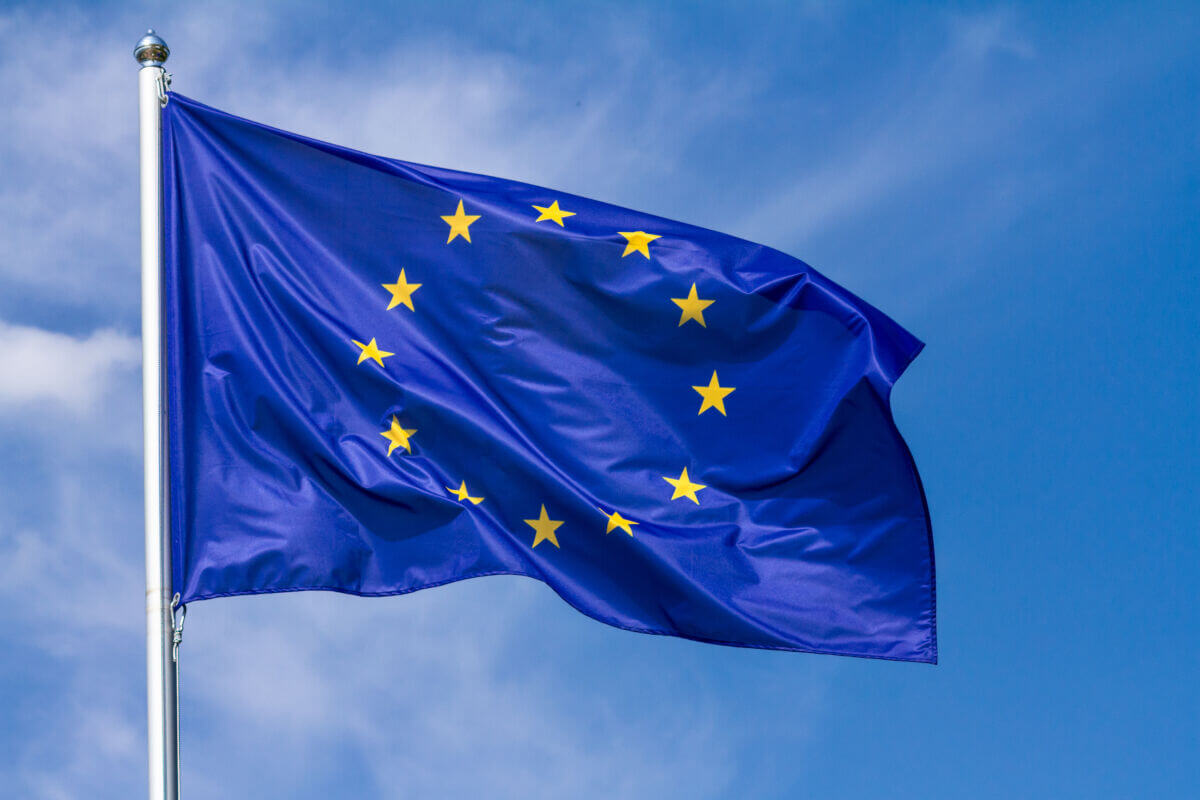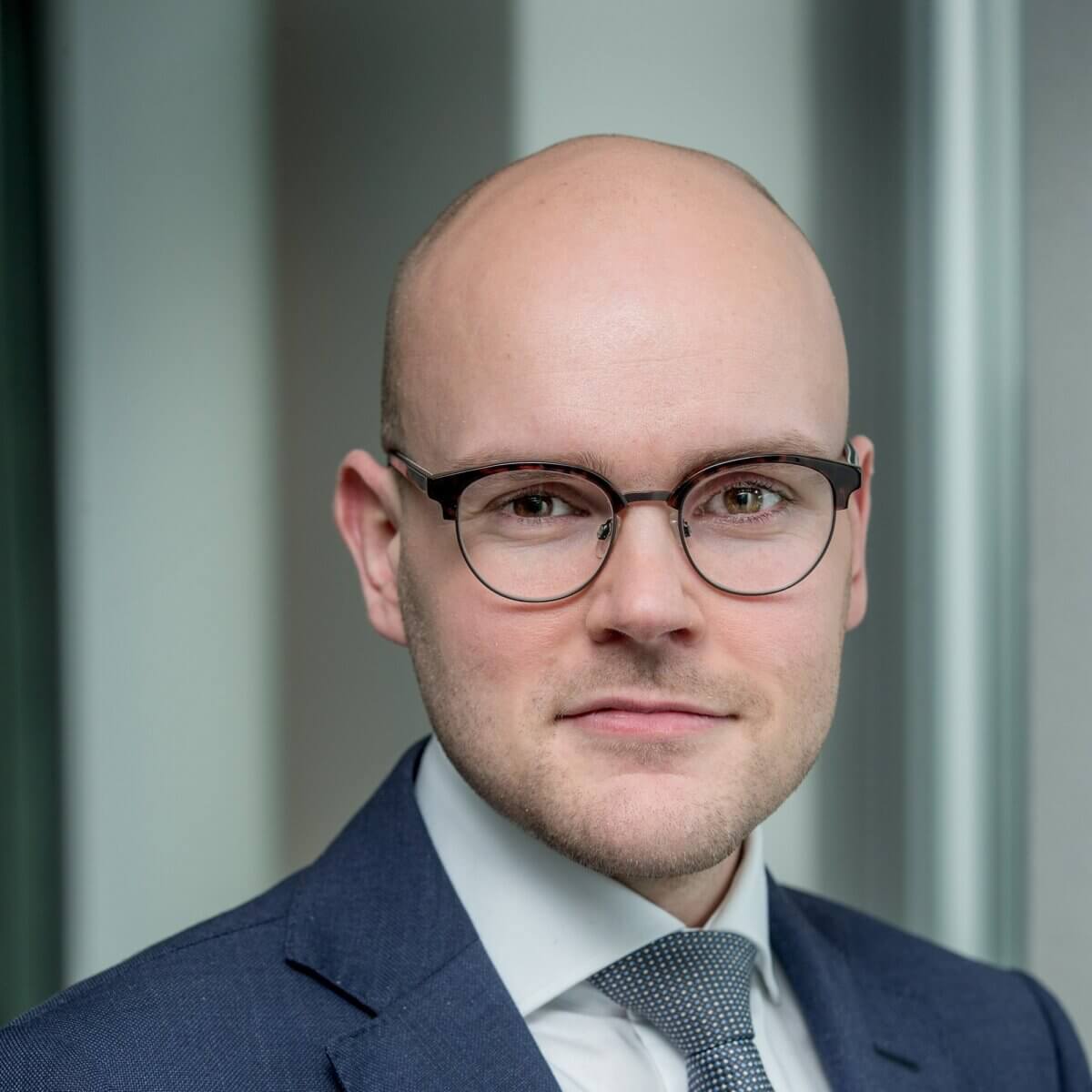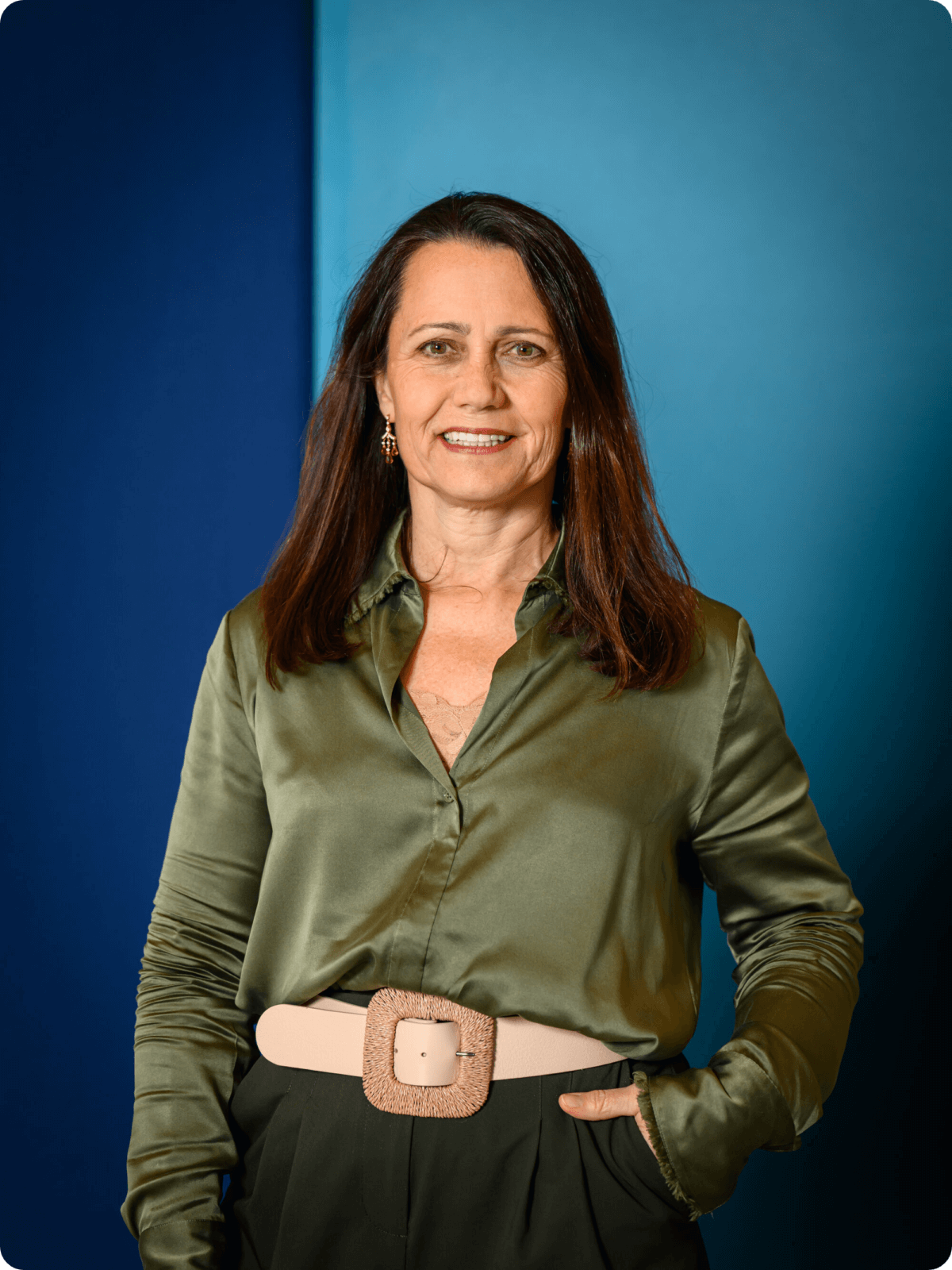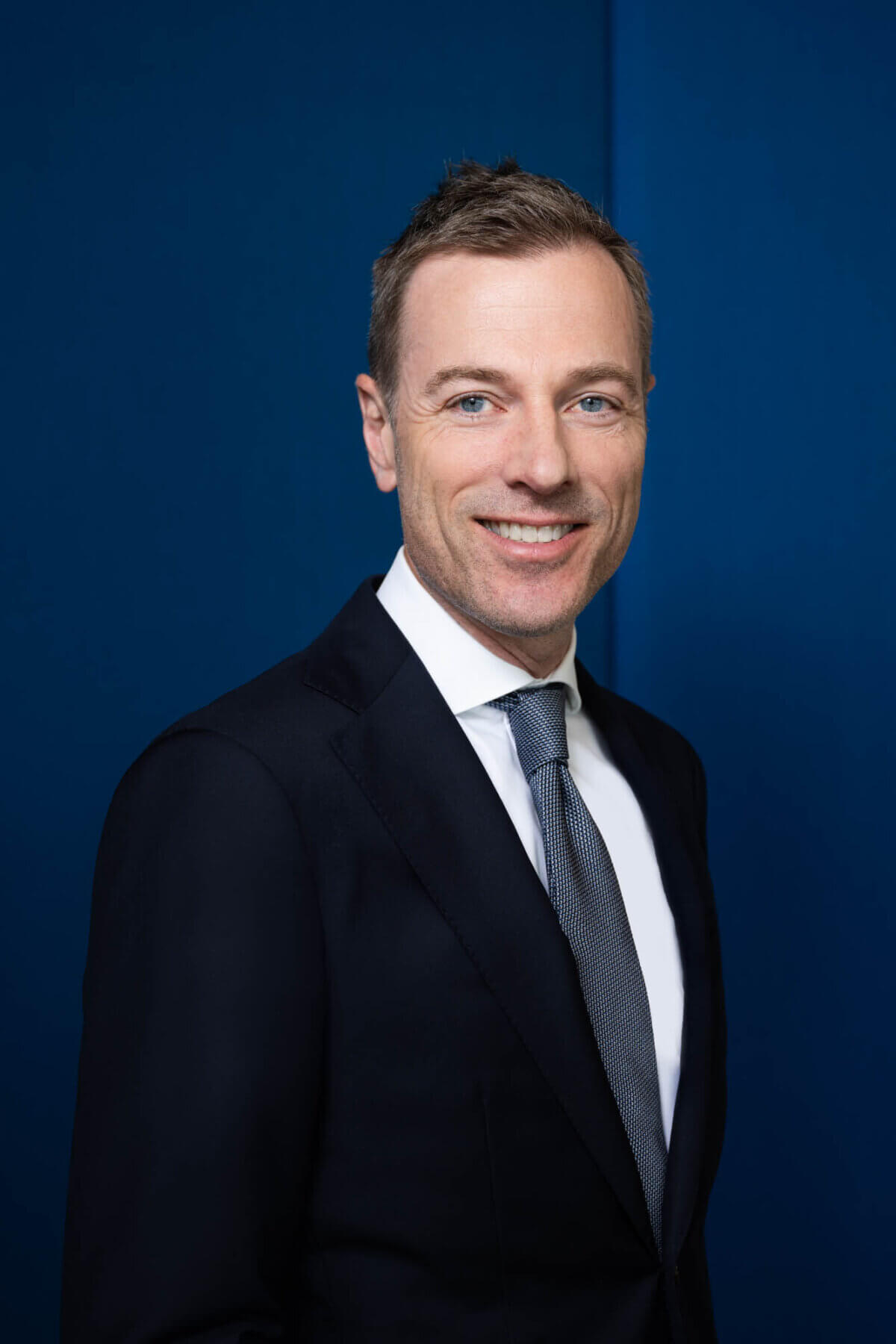Medical devices in spotlight competition authorities
Last week, the European Commission raided a manufacturer of medical devices for cardiovascular application. The Commission suspects that the manufacturer is abusing its economic position, which is interesting in light of the market study on medical devices published last year by the Dutch Competition Authority (ACM). The study also shows specific competition risks regarding the functioning of the cardiovascular medical devices market.
Market study results
In November last year, the ACM published the results of a Medical Devices Market Study. An analysis of 63 submarkets shows competition risks in 32 of them. One of the submarkets concerns the electronic health records (EHR) market. Another submarket relates to heart prostheses and implants, or medical devices for cardiovascular application.
Competition risks are generally high in markets for high-tech devices, with a small number of suppliers and high barriers to entry for new suppliers. This due to the knowledge required and the high investment costs for developing these complex medical devices and the strict regulatory frameworks.
Having a strong market position is not in itself illegal. However, in the absence of competition, there is a risk that strong market players may charge (excessively) high prices for their products and lack the incentive to innovate and deliver the best possible products. If strong market players operate in multiple (sub)markets, there is a risk that healthcare providers – as buyers – are forced to buy related products or services as well (so-called tying). Strong positions of suppliers tend to be strengthened in case of non-transparent procurement processes and high switching costs.
High-tech medical devices
The Commission’s investigation focuses on a manufacturer of specific medical devices for heart disease, including a device for transcatheter aortic valve replacement (TAVI). This device is used in cases of severe narrowing of the aortic valve (aortic stenosis), where open-heart surgery is not possible. In this procedure, a thin tube (catheter) is used to place an artificial valve in the heart through an artery.
Unsurprisingly, there are not many manufacturers supplying such complex medical devices. The ACM identified a high competition risk in the supply of such devices. The ACM notes that the relevant submarket for cardiovascular medical devices is concentrated, with few new players entering the market due to strict certification requirement and high investment costs. Niche players are sometimes acquired by large incumbent suppliers.
Specific risks for medical devices for cardiovascular application
Regarding cardiovascular medical devices specifically, the market study reveals that manufacturers can tailor their products to the specific needs of a particular patient group. In doing so, they respond to patient demand and create a highly specialized offering. This allows the manufacturer to differentiate itself from competitors who actually have a lesser or unsuitable offer. This can lead to market power.
Product tying also plays a role. Medical devices are often linked to other (complementary) products, such as software or measuring equipment. These products are often brand-specific, meaning that the required complementary product must be purchased from the same supplier as the primary product. If a hospital then decides to source the medical device in question from another supplier, it must ensure that the required software remains available for existing patients. A strong supplier may use this to persuade the hospital not to switch to another supplier and/or may charge high prices for the software, now that the patient (and thus the hospital) cannot do without it.
Finally, the ACM market analysis highlights a relevant distinction between ‘payer, user, and decision-maker’. Given their medical expertise to evaluate and use medical devices, medical specialists have a voice in the procurement of specialized medical devices. However, the medical specialist is not the one paying for the medical device. Manufacturers may benefit from influencing medical specialists, who are (logically) less focused on the price of the product. In the Netherlands, several codes of conduct regarding favouring medical specialist exist to prevent conflicts of interest and promote transparency.
Concluding remarks
The risk outlined are typical for sectors offering high-tech products, such as pharmaceuticals and complex medical devices. Often, issues such as patents, high investment costs, high entry barriers for potential competitors and an often strong dependence of customers on manufacturers/suppliers play an important role. As a result, a limited number of parties (initially) have a strong market position and the risk of abuse of that position lurks. Given this, it is not surprising that the European Commission and the ACM focus on these sectors.
Although this is the first investigation regarding medical devices, it is already the fifth abuse of dominance case in the medical sector by the Commission in the past three years. The ACM is not sitting idle either. Besides the market study discussed, the ACM conducted raids on three companies in the sector early this year. And it is unlikely to stop there.
The market study discussed seems to be a good first indication of the focus of the Commission and ACM. Although the market study focused primarily on the Netherlands, the conclusions are likely to apply to other countries given the type of products and players. In addition to the risks discussed in relation to the submarket for cardiovascular medical devices, the market study identified specific risks related to medical devices for radiotherapy and dialysis and plasmapheresis (blood cleansing). It remains to be seen whether investigations will follow in these submarkets as well.
If you would like to learn more about this topic, please feel free to contact our Healthcare & Life Sciences and European & Competition Law specialists.






